It’s hard to make a ghost story that’s different. More than most other sub-genres in horror, ghost stories rely on very similar tropes and structure in order to work. Most of them are set around a house where there is some kind of tragic incident. Someone moves into the home looking for a fresh start and then unexplainable things begin to happen. They get weirder and weirder until the person being tormented either leaves, dies, helps the spirit achieve rest, or outright destroys the property.
That’s the path that most paranormal/haunted house movies follow. But then there’s Steve Miner’s House. This film technically follows all the traditional structure of your average haunted house movie and if all you have to go on is the title, you might go in thinking it’s the most generic one yet. Of course, it turns out that that’s not the case at all.
Instead, House is a fiercely imaginative reimagining of the traditions of the haunted house movie. Sure, Roger Cobb is another writer moving into an old home with a disturbing past, but it’s not really the house that’s haunted. It’s him.
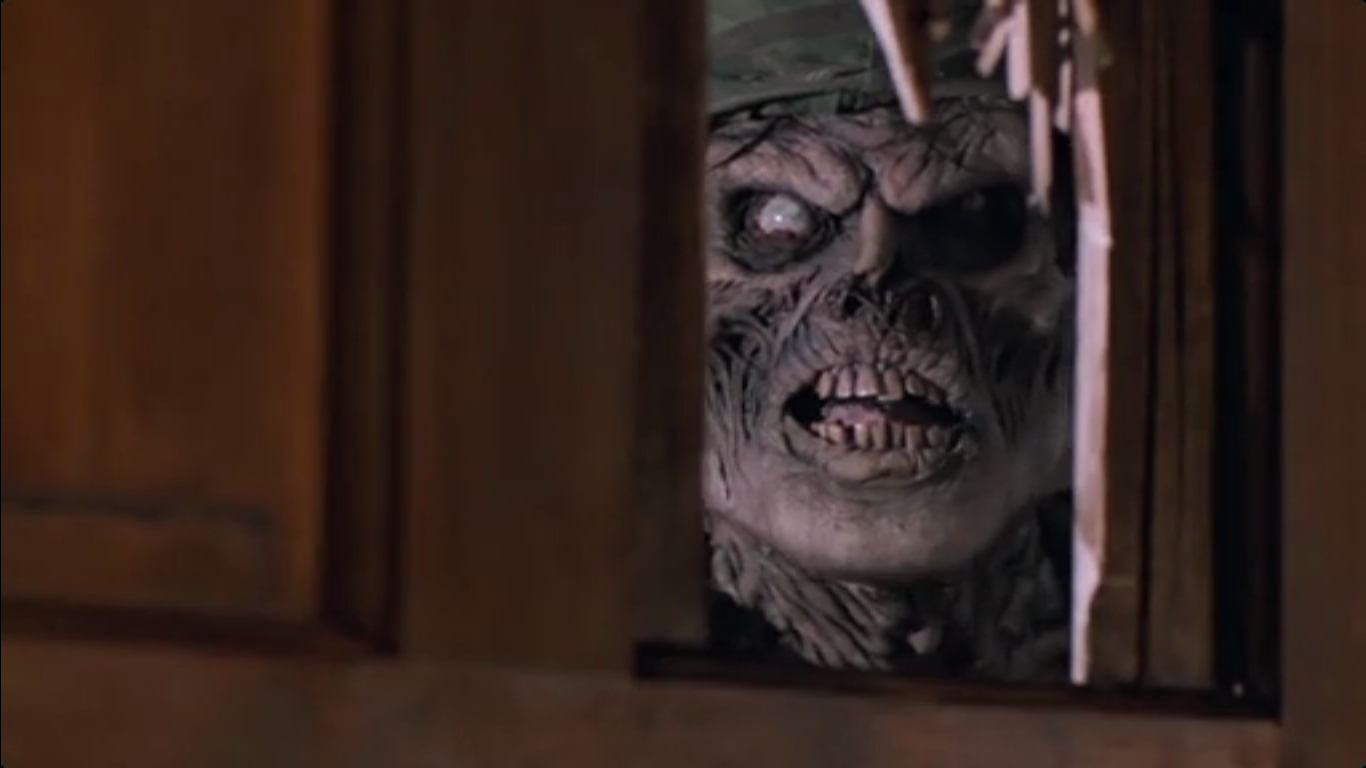
Cobb is tortured by his past, namely by the disappearance of his son and by his experiences in Vietnam. He moves into his aunt’s home to get away from everything and focus on writing down his experiences in the war. At first, the supernatural occurrences seem like a mild distraction. He has new demons to deal with so he doesn’t have to think about his old ones.
But he can’t shake his nightmares and by the end, his haunted past and haunted present reveal themselves to be connected in surprising, inventive, and (admittedly) often impossible ways. That’s exactly what I love about this movie. It starts off very traditional, but as it goes on, it gets progressively weirder and weirder.
The ghosts don’t look like normal ghosts. There’s some really extravagant FX work that definitely appealed to my tastes as a young fan and still does, even now. There are weird creatures all throughout this movie. There’s a demonic version of Cobb’s ex-wife. The main monster is a friend—not that we ever see him as much of a great guy to begin with—that Cobb left to die in Vietnam.
As his aunt’s ghost tells him, this house knows everything about him. And even though it’s a bizarre twist, when you take that logic into account, it’s no surprise that Cobb’s two most traumatic experiences are so linked. His son didn’t disappear. He was stolen by the ghost of the man Ben left to die.
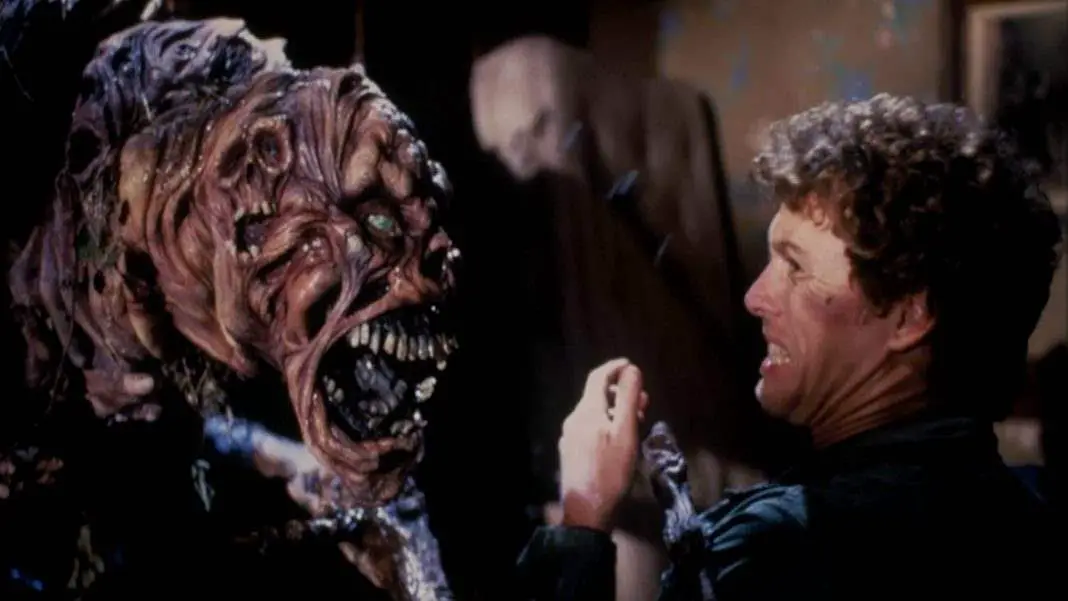 For Cobb, this doesn’t even seem like much of a surprise. Because while House is a fun, exciting, goofy horror comedy, it’s also very much about PTSD.
For Cobb, this doesn’t even seem like much of a surprise. Because while House is a fun, exciting, goofy horror comedy, it’s also very much about PTSD.
When we meet Cobb for the first time, we have a hard time believing that this guy is even a veteran. He doesn’t act at all like Vietnam veterans are typically portrayed in media. But it’s not terribly long after moving into the house that we see him dressed in combat fatigues and acting like he’s still at war.
He’s haunted by his own memories and they continue to grow and increase in power and become more and more dangerous because he can’t forgive himself. And the longer he goes without accepting what happened and moving on, the deadlier his old ghosts become.
There are weird monsters you’ve never seen in a ghost movie before. A house that can not only make you see whatever it wants, but totally bend the laws of space and time as well. At points, Cobb is pulled through the house into Vietnam itself. This house makes the rules of its own reality and because of that, the audience is treated to things we have never seen in a haunted house movie before and things we have not seen since.
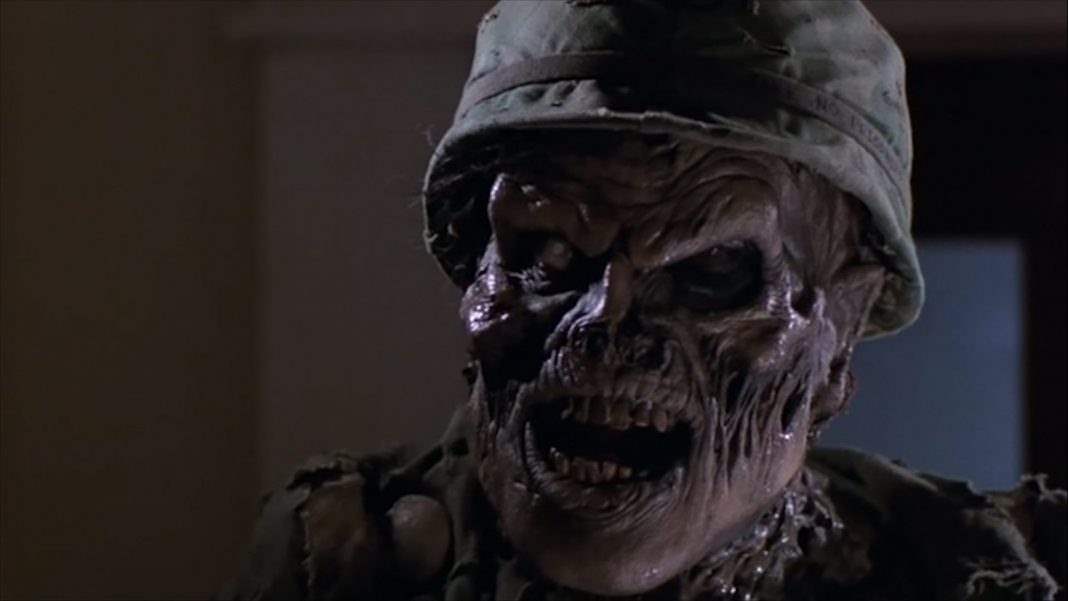 Obviously, in extremely un-subtle ways, the only way that Roger Cobb can overcome his past is to confront it head on. And it’s by going toe-to-toe with Ben’s ghost that he actually makes what can metaphorically be taken as a full recovery—not that things are ever that simple in real life—by managing to save his son and reunite his family.
Obviously, in extremely un-subtle ways, the only way that Roger Cobb can overcome his past is to confront it head on. And it’s by going toe-to-toe with Ben’s ghost that he actually makes what can metaphorically be taken as a full recovery—not that things are ever that simple in real life—by managing to save his son and reunite his family.
What House does really well is something I look for in horror comedies, something that Return of the Living Dead also pulls off to great effect. Basically, House has some very dark undertones and deals with genuinely heavy subject matter. But it’s this focus that allows the movie to be so outlandish, goofy and weird. The backdrop of this subject matter makes it easier to strive for high camp, dry wit, and even slapstick humor.
It’s a juxtaposition that is very hard to pull off, which is why I am always impressed by movies that manage to do it. There’s an interesting subject being dealt with in House, but it’s being dealt with in charming, funny, and often outright ridiculous ways. This is what keeps the movie from being too heavy, what makes it accessible, and what has been the biggest key to its success as a cult classic over the years.
Like what you see? Follow us on social media: Twitter and Facebook.
Post Views:
606



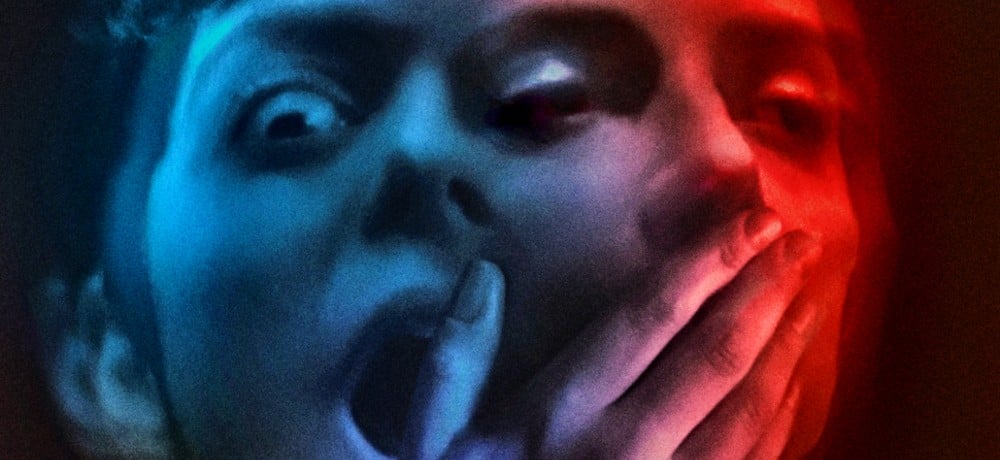


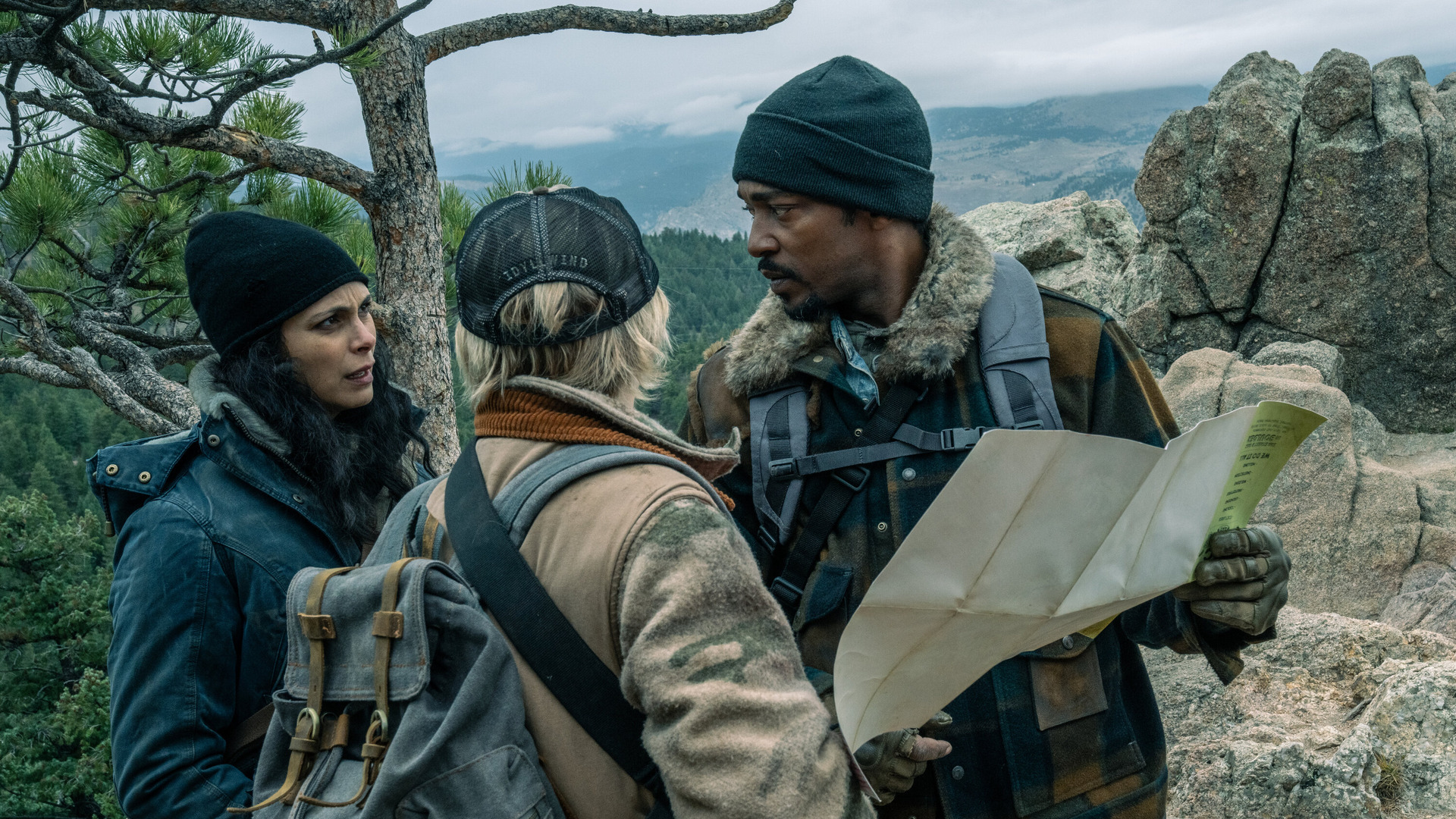
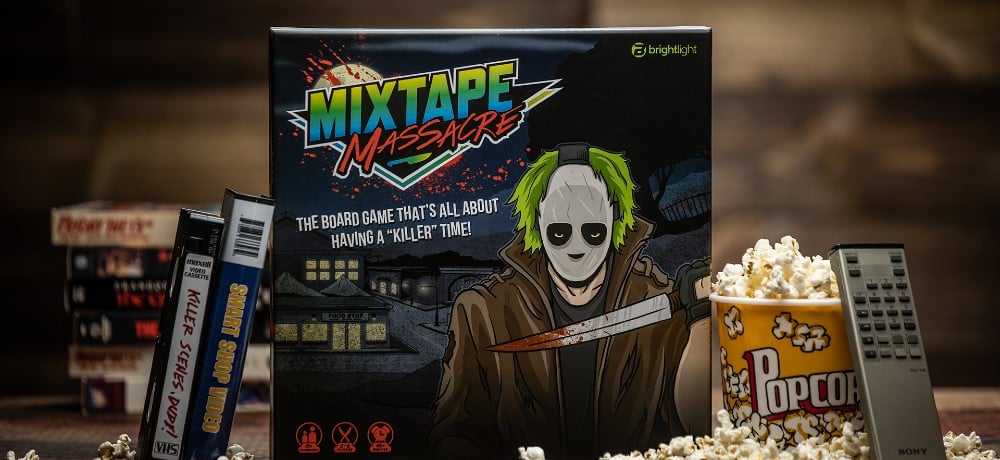








:quality(85):upscale()/2025/03/27/355/n/1922564/200a549867e4fedbb431f6.99392381_.jpg)
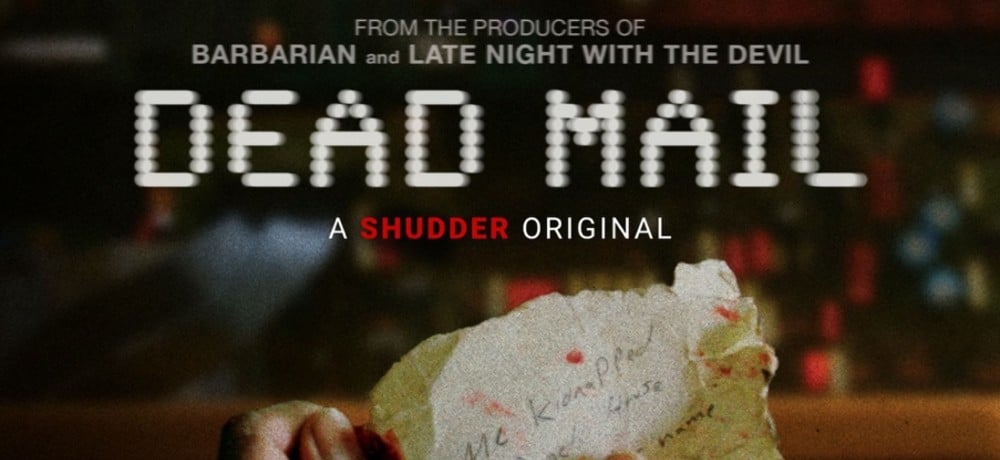


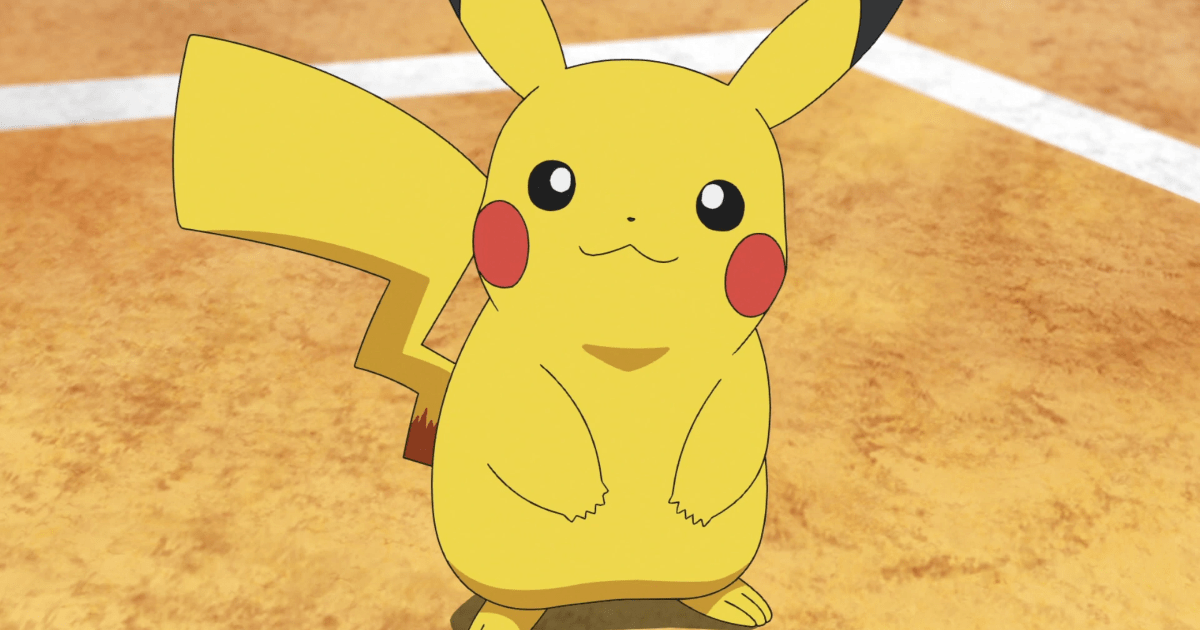

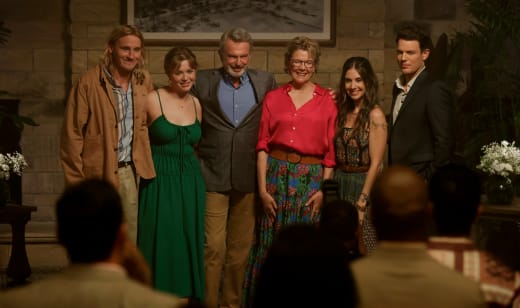

![‘The Home’ Will Leave Your Stomach In Knots [SXSW 2025 Review] ‘The Home’ Will Leave Your Stomach In Knots [SXSW 2025 Review]](https://www.dreadcentral.com/wp-content/uploads/2025/03/FECCF04A-EF12-4EE3-BC75-89E208643211.png)






